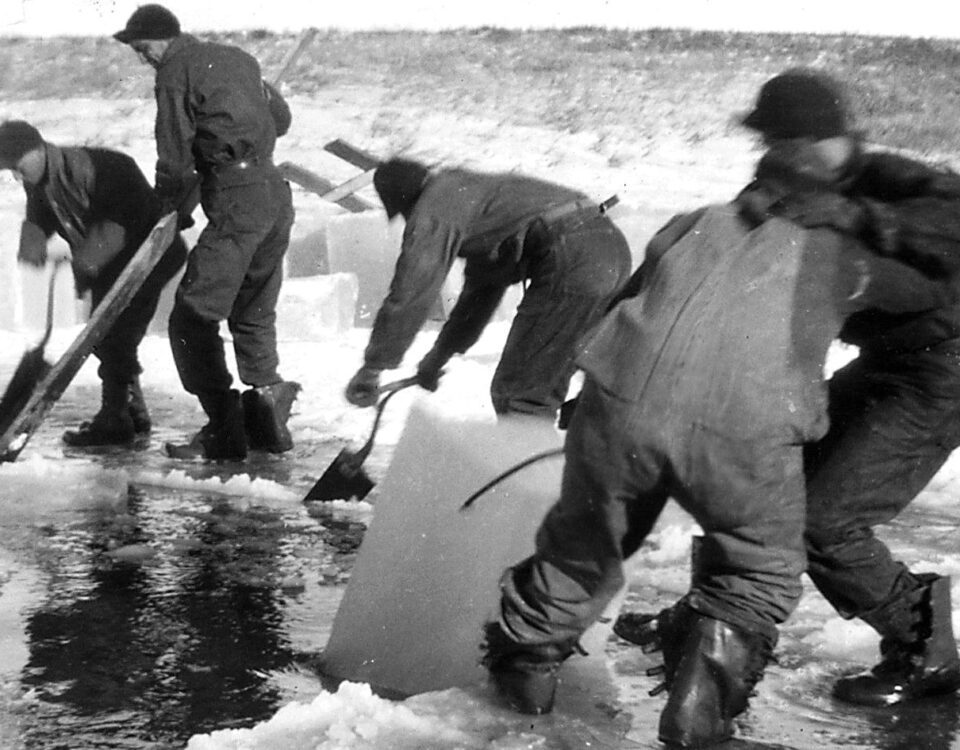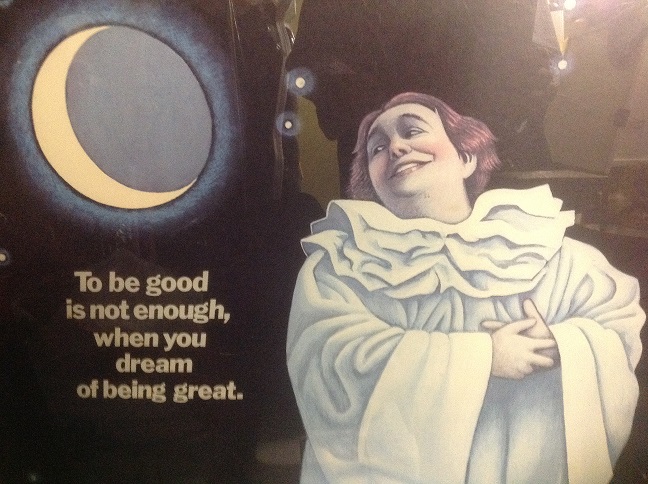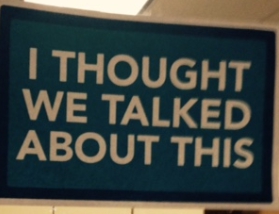
Organizational Culture – If You Have a Driver’s License, You Know the Basics
January 12, 2016
How Do You Change Your Behaviors in Dealing with People?
March 8, 2016CURIOSITY:
THE FUEL FOR PASSION
AND
THE ANTIDOTE FOR FEAR
There has always been a discussion about what drives people to excel in what they do, or find the secret to something new. What is it about the human experience that keeps some people self-motivated and driven, while others seem to never have the energy to extend their worlds?
I believe that a person’s level of curiosity, and their conscious understanding of the emotions and behaviors of that curiosity, is the answer to this human dilemma. Curiosity truly is the fuel for an individual’s passion, and the antidote for an individual’s fears.
Passion and Fear are the 2 most powerful human drivers of behaviors. Think about the most productive, interesting, and, may I say, Fun people you know. What makes them different?
Think about those friends of yours who always seem tired and just too busy to get everything done, even though you can’t understand what they are doing.
I believe the core difference between these two friends is the level of curiosity that they have or don’t have. So this begs the question-
What makes People curious? Is it something that you were born with? Can someone be taught to be curious? Can someone just suddenly Get curious?
What about the impact of an individual being curious, and the idea that an organization as a whole can be curious? What is the impact of having individuals who are Not curious in the organizational overall culture?
I believe that hiring people who are naturally curious is a secret formula that will have significant impact on the overall organizational culture. At the same time I believe that you can impact a culture by creating an environment that enables individuals to discover their own curiosity, which can and will have significant positive impact on all parts of the organization.
Let’s talk about the behaviors that enable individuals to discover their curiosity. Let’s start with your own curiosity level – how do you know when you are curious about something? What is the 1st emotion/feeling you notice?
- It starts with you wanting to know about something that you are not sure about. In my case, it is usually me wanting to know the definition of the word or concept topic- when I hear a concept or word that someone uses, I by nature want to get a definition so I understand what was just talked about. This curious activity happens to be the outcome of me working very hard at listening with the intent to understand what someone is saying. This is my #1 behavior for any culture – to always make sure you clarify and understand what others are saying. Curiosity is driven by the behavior of trying to understand something that was said or presented – not just letting it go by.
The second driver in my curiosity is wanting to understand the impact that this new thought or concept might have on outcomes that I have been challenged to manage or support. It is driven by a level of commitment to be successful. This is also a core tenant of All-In Culture – being very committed to the Mission and the desired outcomes, for the organization, or your family. The power of curiosity is wanting to know and understand what was said – with the idea that you are committed to being successful in accomplishing a desired outcome.
The ability to create a curious organizational culture is the foundation of an All-In Culture:
- People being All-In for the desired outcomes of the mission.
- People being driven to understand what people are saying and wanting to understand the potential impact that the thought or concepts might have.
- People having faith in the decision processes and protocols, making it easy to support agreed upon initiatives for change.
- And finally, Decisions being made with a total group commitment to being successful.
****
The second element of curiosity is the power it has in confronting fear. Fear is the most forceful human factor. Fear usually causes people to freeze, as they are confronted with the hopelessness of the outcome – and unable to visualize anything except the worst possible outcome.
I would suggest that this paradigm has changed for those that have been diagnosed with cancer. 20 years ago Cancer was viewed as a death sentence. In today’s world, with increased treatment options and technologies, people with cancer diagnoses are challenged to get curious and act with hope… to seek out ways to live through it: “What are the options? How can I change to raise my chances of beating the disease?”
Cancer survivors talk about how that experience changed their entire life – and this new will toward Curiosity extends into all aspects of their life, because they’ve had to engage – and keep going through the fear. Curiosity becomes the energy that is at the root of fighting the disease.
In organizations, this sense of fear comes when business turns south – and the organization is confronted with the reality of adapt or die. Again, one of two things might happen: the organization’s culture falls into disarray or the culture uses its skills in managing curiosity, to allow it to fight for a way to adapt to the new situation.
Curiosity is defined as a strong desire to know or learn something. Which kind of person or organization would you like to be?
I suggest that you –
Stay CURIOUS, My Friends






1 Comment
Great thoughts and great a strategy for moving forward. Perhaps at the end of the day our natural human curiosity was what was really responsible for our enduring as a species.